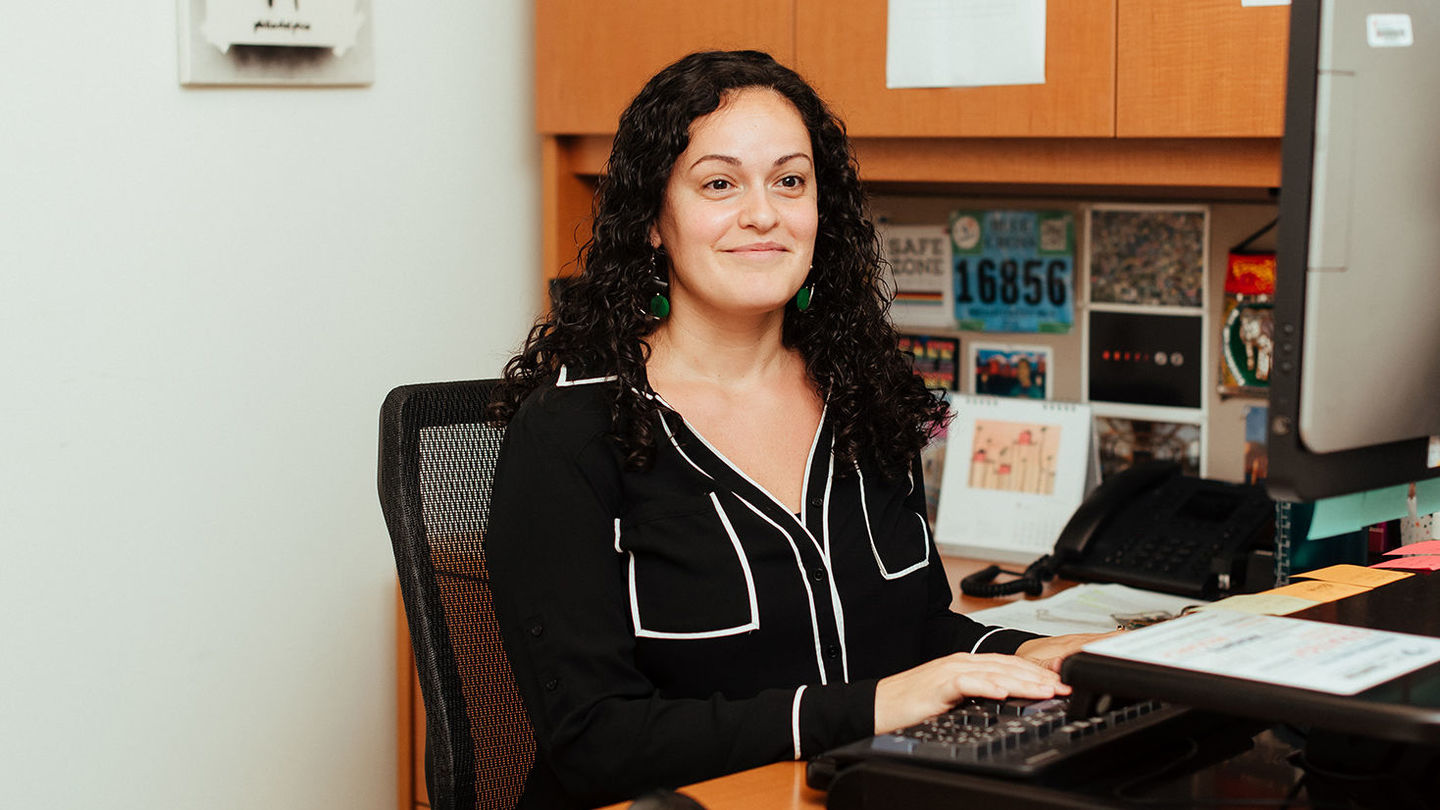
Last month, we focused on preparing for the Career Fair with another 76ers analogy—Allen Iverson preaching about practice. Clearly, I am a fan and the season is upon us, so let's keep it going.
Until recently, Ben Simmons couldn't quite shoot a three-pointer in a game. Now he can, but it didn't just happen out of thin air. Ben trained. Quite a bit.
Now, think about your career preparation. You went to the fair, talked to employers, and followed up with them afterwards. Now you have an interview that you need to ace to land a summer internship. It's time to train.
Know the Company
Similarly to preparing for the Career Fair you should research the company before the interview and familiarize yourself with some basic information. Have a general sense of the products and services they provide, the overall mission and purpose, and the size and structure of the company.
Prepare For Common Questions
There are common questions that you will be asked in most interviews, such as tell me about yourself, or why are you a good fit for the company? Additionally, you may be asked some technical questions. Preparing for questions ahead of time will build your confidence!
Tell Me About Yourself
This is perhaps the most common interview question that trips students up and I can almost guarantee you will be asked this. Let's break this down so you can answer the question. This is essentially a tailored elevator pitch.
My Name is Ben Simmons. I am currently a small forward on the Philadelphia 76ers.
My Skills/Experience are trusting the process and shooting contested layups.
Examples of experiences that connect to the role including projects from classes, student organizations, past internships, undergraduate research, volunteering, part-time jobs etc.
My future goals include...HINT: Landing an internship with your company
Prepare For Behavioral Questions
Behavioral interview questions require candidates to share examples of specific situations in their past where they've utilized their skills. The idea is that your past behavior will be a good indicator of how you might perform in the future. They might ask something like, "Tell me about a time you were working on a group project and something went wrong." They want to know how you handled this challenging situation. Check out the Behavioral Interviewing Handout on TuPortal for tips on how to handle these types of questions using the SARA technique.
Prepare Questions for the Interviewer(s)
Ask 2-4 questions at the end of the interview. I recommend preparing five or so questions ahead of time in case some of your questions are answered during the interview. Not asking questions makes you appear uninterested in the role, so be sure to ask a few!
On the Day Of
Dress to Impress! Ideally a dark business suit with a white button-down shirt.
It is best to arrive about 15 minutes early, but never arrive late. If you are more than 15 minutes early, hang out outside or in your car before heading in.
Always bring more copies of your resume than you think you will need.
Give Thanks
Ask each person you interview with for a business card or contact information. Send a personalized thank you note to each person who took the time to meet with you via email. Be sure to reiterate your interest in the role and highlight some of the skills that make you a good fit for the position. For a sample thank you note, check out the Professional Communications resource on TUPortal.
After the interview take some time to debrief and think about what went well and what you might want to improve upon for next time. Be like Ben and train so the next time you shoot a three-pointer (or go for a job interview) you're ready to go.

